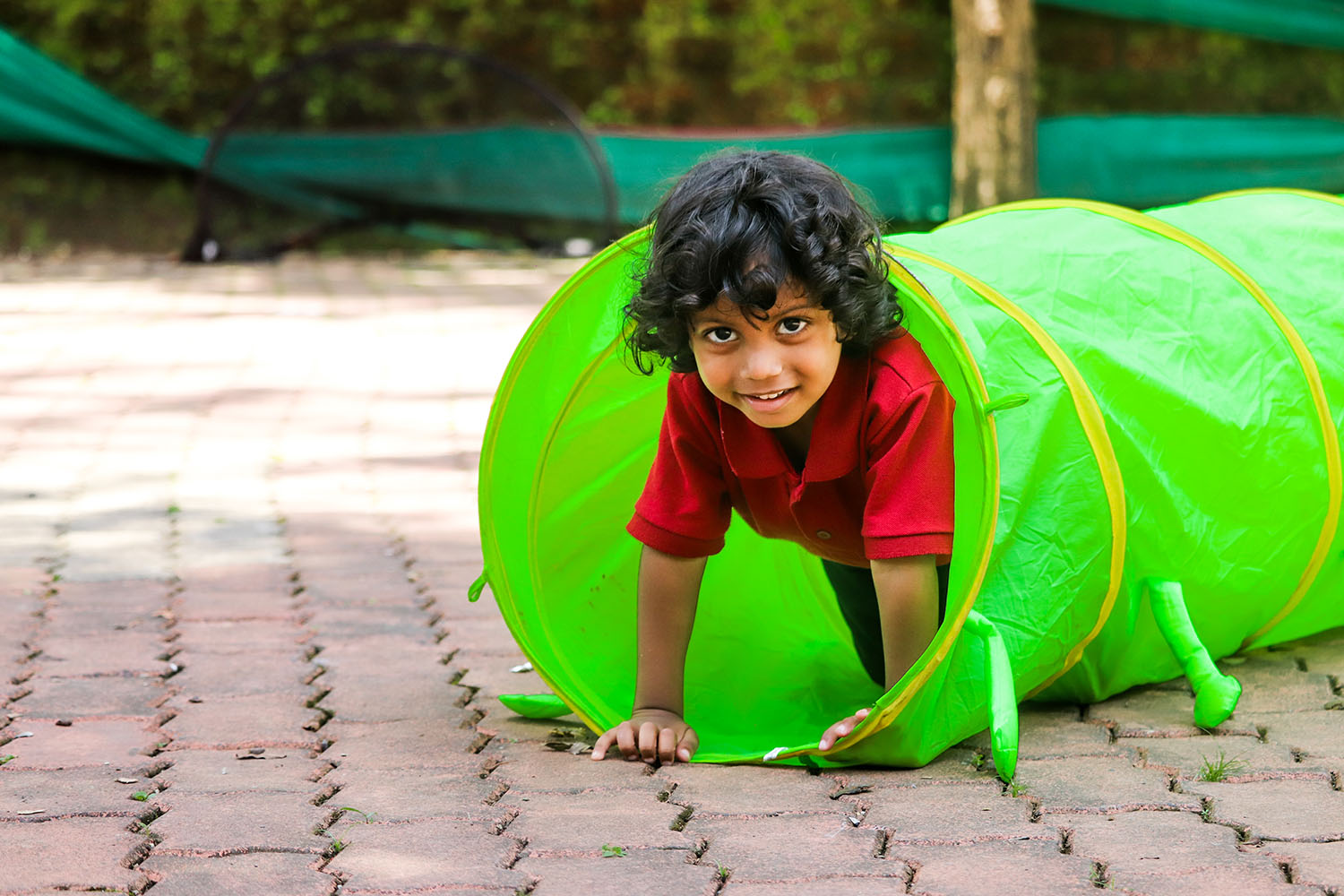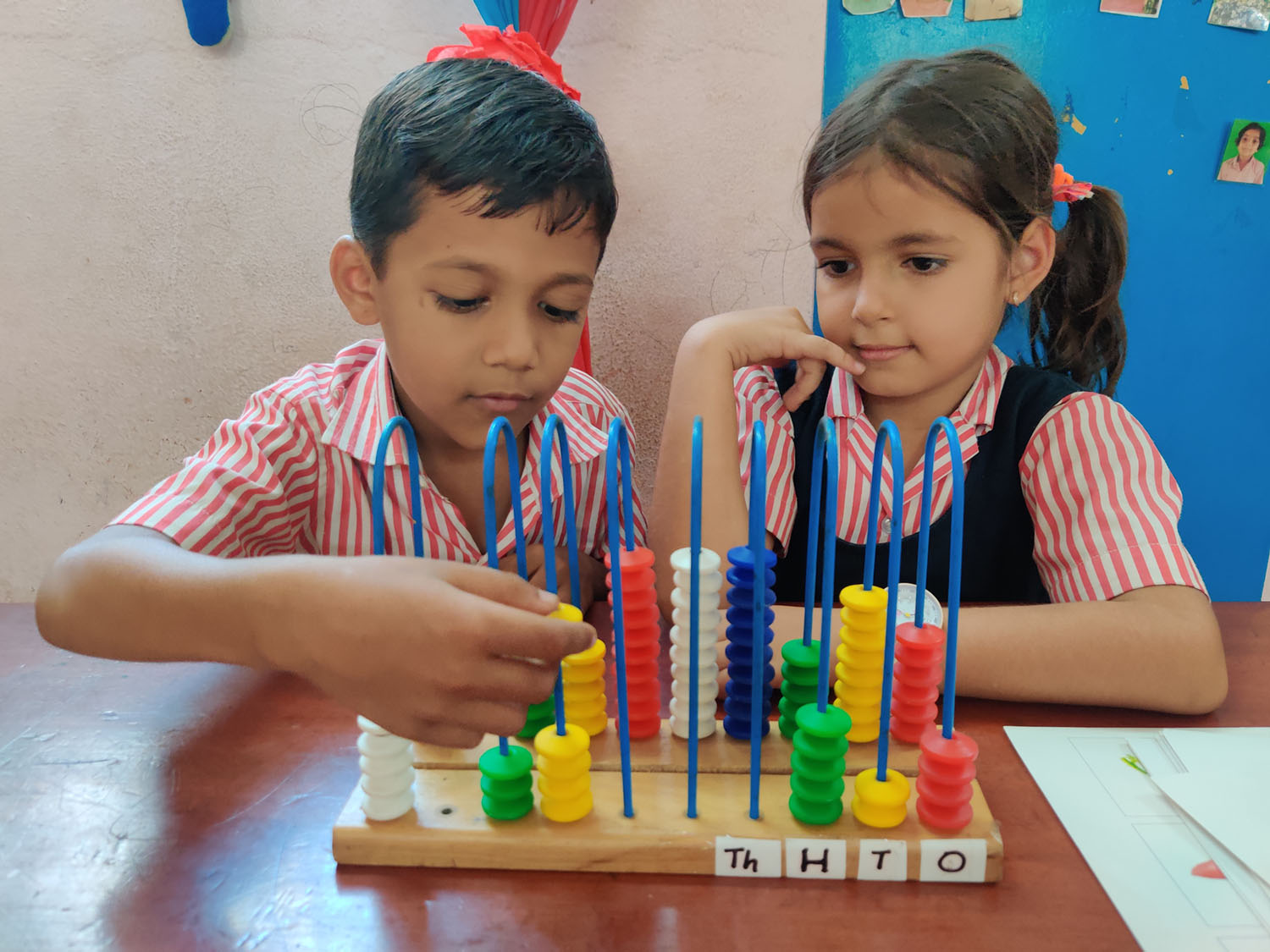Form sports to debating – extra-curricular activities help build children
Extra-curricular activities are like the secret sauce that can really spice up a child’s school experience. Sure, the core subjects like math, science, and reading are important, but it’s the activities outside the classroom that often help kids develop the skills they’ll use throughout their lives. Whether it’s joining a sports team, being part of a club, or participating in music and art, these experiences go a long way in shaping who a child becomes.
One of the biggest benefits of extra-curricular activities is that they teach kids how to manage their time and balance different responsibilities. When a child is juggling schoolwork, practice, and maybe even a part-time job, they learn to prioritize and organize their tasks. This isn’t just a skill for school—it’s something that will help them in college, in their careers, and in managing their personal lives later on. Learning how to balance multiple commitments early on makes it easier for kids to handle the pressures of adulthood.
Teamwork is another huge life skill that comes from extra-curriculars, especially those that involve groups like sports teams or drama clubs. Kids learn how to work together towards a common goal, how to communicate effectively, and how to support each other through wins and losses. Team activities also teach leadership skills, as children often take turns leading projects or guiding younger members. These experiences help them understand that being part of a team means sometimes stepping up to lead and other times playing a supporting role.
Social skills are key to fitting in to society
Another key skill developed through extra-curricular activities is perseverance. Whether it’s practicing an instrument until you finally nail that tricky piece, or pushing through the tough training sessions to prepare for a big game, these activities teach kids the value of sticking with something, even when it’s hard. This “never give up” attitude is crucial for overcoming challenges in life, whether it’s in their academic journey, their future careers, or personal hurdles.
Extra-curricular activities also help children develop social skills and build friendships outside of their usual circle. Kids get to meet peers who share similar interests, which can lead to strong, lasting friendships. These social interactions teach them how to network, make new friends, and relate to different types of people—all important skills for personal and professional success later on.
Self confidence is a critical aspect of a child’s formation
Another important aspect is the boost to self-esteem and confidence that comes from participating in extra-curricular activities. When children master a new skill, win a competition, or successfully complete a challenging project, they feel proud of themselves. This sense of accomplishment builds confidence, encouraging them to take on new challenges and believe in their abilities.
Lastly, extra-curricular activities give kids a chance to explore their interests and discover their passions. It’s where they can try out different things, from painting to coding to playing soccer, and see what really excites them. This exploration can help them figure out what they love to do, which can guide their future career choices and hobbies. Knowing what you’re passionate about is a huge part of finding fulfillment in life.
In the end, extra-curricular activities are more than just a way to keep kids busy after school. They’re opportunities for growth, for learning life skills, and for building the kind of character that will help children succeed in all areas of their lives. Encouraging kids to get involved in these activities is one of the best ways to help them develop into well-rounded, capable adults.



